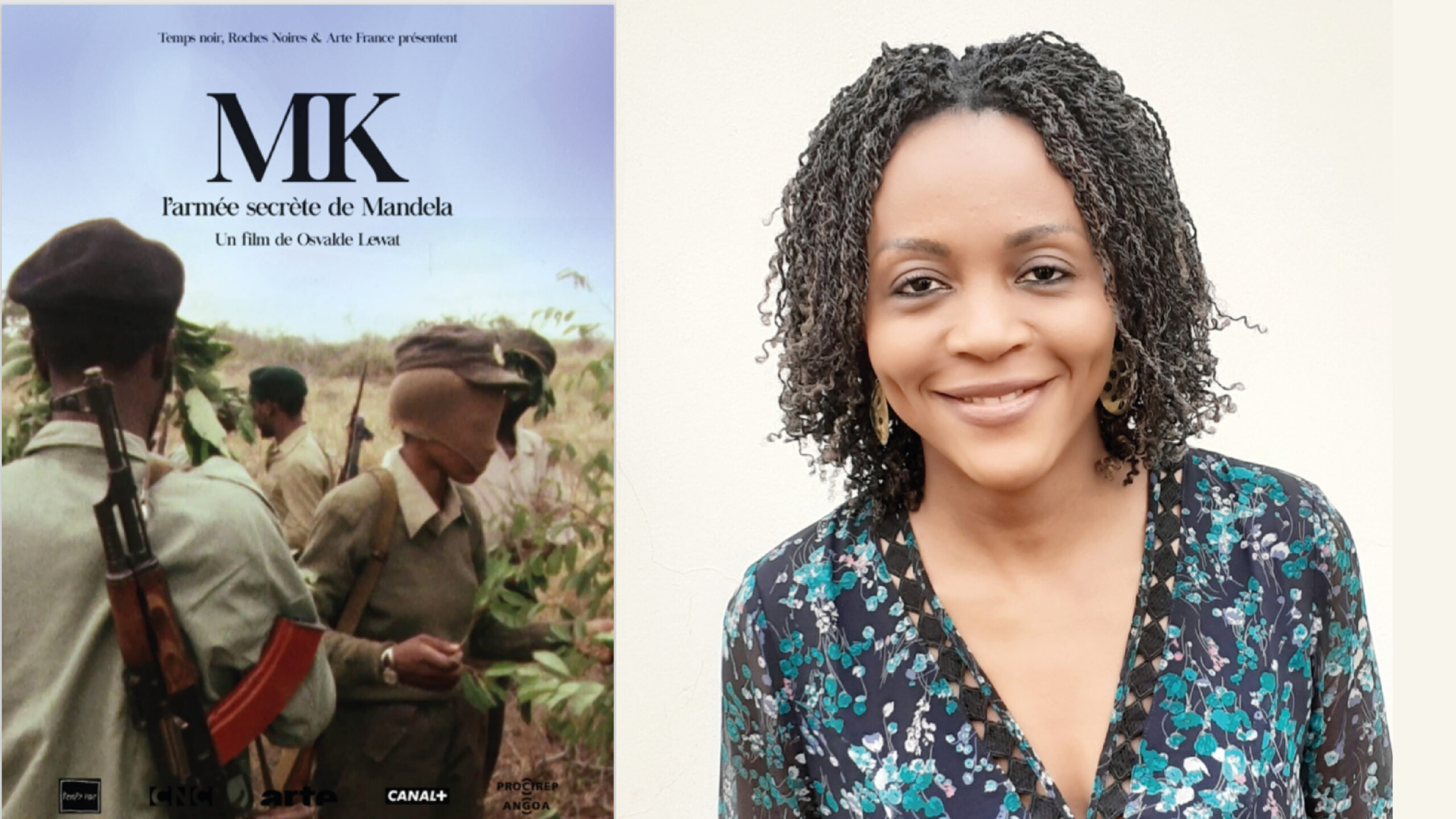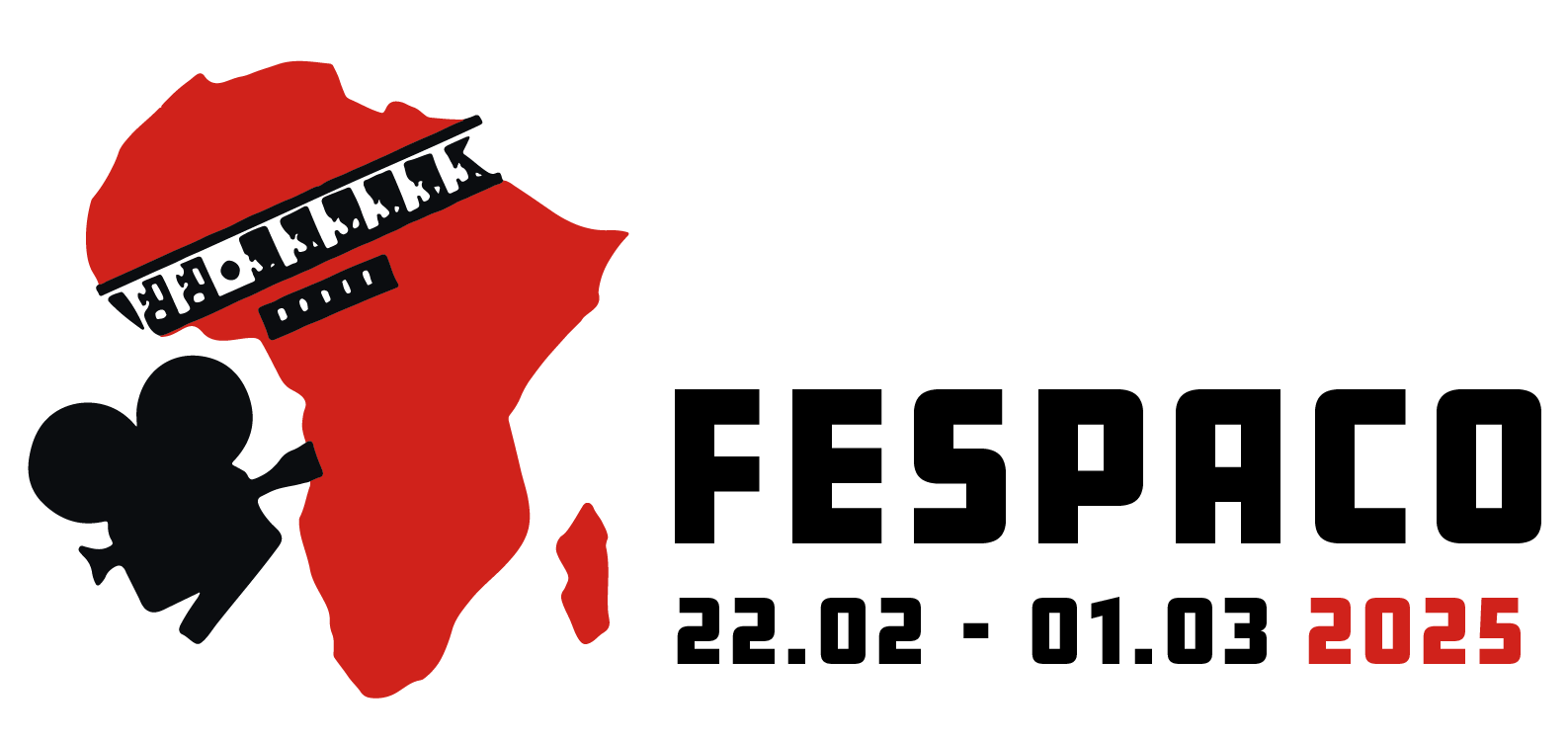 Synopsis The film traces the history of former members of uMkhonto weSizwe (MK for short), the military wing of the ANC founded by Nelson Mandela, the father of the South Africa nation. The Western international history of this man tends to conceal the fact the was...
Synopsis The film traces the history of former members of uMkhonto weSizwe (MK for short), the military wing of the ANC founded by Nelson Mandela, the father of the South Africa nation. The Western international history of this man tends to conceal the fact the was...
 Synopsis The death of my uncle, a religious authority in the region, led to a Western-inspired court case, breaking with a centuries-old tradition of oral legacy : a “social bomb” in the making in West African societies. Our courtyard becomes the theatre where the...
Synopsis The death of my uncle, a religious authority in the region, led to a Western-inspired court case, breaking with a centuries-old tradition of oral legacy : a “social bomb” in the making in West African societies. Our courtyard becomes the theatre where the...
 Synopsis In Burkina Faso, in the gold panning site of Kalgouli, 16 years old Rasmané goes down to more than 100 meters in artisanal mines for gold. Worried by potential accidents, torn by his parents’ doubts, Rasmané makes his way through this fierce adult world...
Synopsis In Burkina Faso, in the gold panning site of Kalgouli, 16 years old Rasmané goes down to more than 100 meters in artisanal mines for gold. Worried by potential accidents, torn by his parents’ doubts, Rasmané makes his way through this fierce adult world...
 Synopsis 1960 marks the end of empires on the African continent. France disappears from the map leaving behind the CFA Franc, a colonial creation, the currency still in use in almost all of its former territories in Sub-Sahara Africa. Why is it that these States...
Synopsis 1960 marks the end of empires on the African continent. France disappears from the map leaving behind the CFA Franc, a colonial creation, the currency still in use in almost all of its former territories in Sub-Sahara Africa. Why is it that these States...
 Synopsis A young photographer inherits his elder’s trunk of negatives. Cross-portrait of Paul Kodjo, one of the most influential photographers of post-colonial Côte d’Ivoire, and Ananias Léki Dago, a contemporary Ivorian photographer. Biofilmography Ananias Léki Dago...
Synopsis A young photographer inherits his elder’s trunk of negatives. Cross-portrait of Paul Kodjo, one of the most influential photographers of post-colonial Côte d’Ivoire, and Ananias Léki Dago, a contemporary Ivorian photographer. Biofilmography Ananias Léki Dago...
 Synopsis One day, at the foot of a tomb, Hassan fell asleep and never left the cemetery. For 40 years, he has made his home in the hills of Jellaz in Tunisia, watching over the dead and observing the living. In search of love and freedom, Hassan navigates between day...
Synopsis One day, at the foot of a tomb, Hassan fell asleep and never left the cemetery. For 40 years, he has made his home in the hills of Jellaz in Tunisia, watching over the dead and observing the living. In search of love and freedom, Hassan navigates between day...








Recent Comments